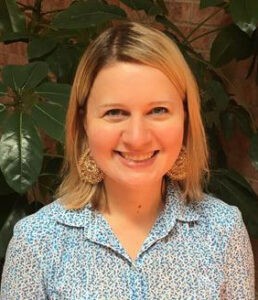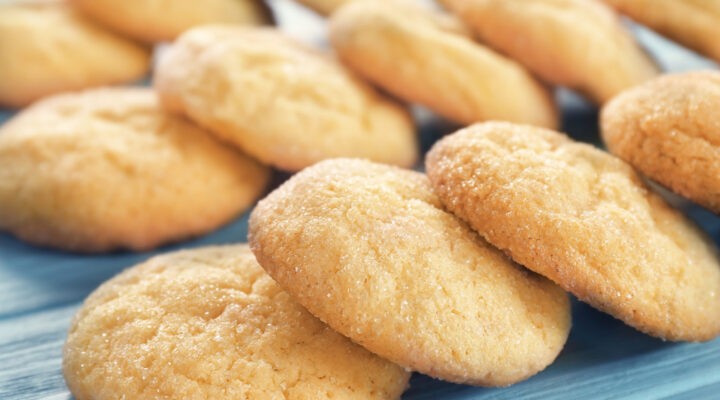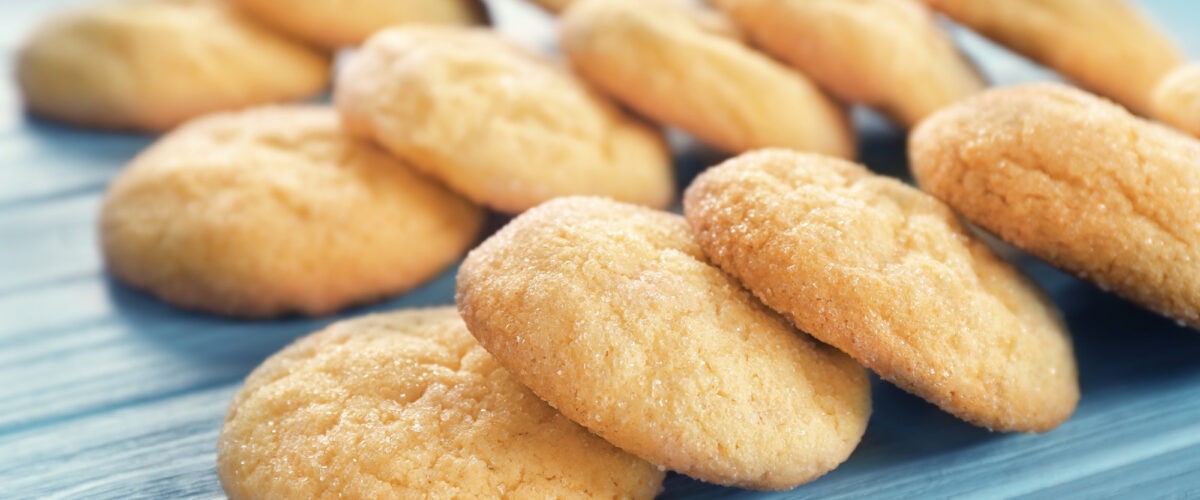In May 2020, I visited 155 households in my church. And dropped off thousands of homemade cookies.
I had (some) help and (many) cups of flour to get the job done. And while I enjoy baking, even I hit my limit after the last of the 3,000 cookies came out of the church ovens. (Yes, there were some casualties — distracted, multi-tasking pastor and industrial convection ovens don’t always mix.)
This project was on a whim, a grasp at some sort of connection with beloved community with whom I suddenly couldn’t share a table, a hymn or even a talk in this unforeseeably long season of the COVID-19 pandemic. I had to Do Something.

Laurel Cluthe
The logical side of my mind was screaming that (1) this is a big project in the midst of a chaotic world and (2) because of the lack of volunteer availability caused by the unknown health risks, doing this alone is really dumb. My fellow church staff and a few lay leaders offered to help, but I was not even sure how to include them, as being in the same room and offering home-baked foods were discouraged by health officials at the time.
As such, my emotions and desire to “put eyeballs on” God’s church won, so off to the industrial-sized church kitchen I went. And keeping my Food Handlers permit current helped, too.
Delivering cookies was the best thing I did for my church.
Now, nearly two years, later, I have some takeaways for all of us:
First, even though this was an “inefficient” project, full of solo hours on the road and in the kitchen, this was the absolute best use of time long-term. I now have a glimpse into where each congregant lives, where they spend much of their time and the feel and ethos of their neighborhoods.
I draw from those moments of waving across the driveway with a quick chat, and this small act changed my relationship with our churchgoers. In small ways, they feel seen a bit more by their pastors and heard because we spontaneously went to them, instead of the planned convenience of passing them in the halls on a Sunday morning or scheduling a coffee or lunch meeting.
Second, it restored my faith and my call. When every door on this planet was slamming shut and everything felt closed and called off, my call was not cancelled. Through the driving and the baking, I had hours with God to reflect, cry, pray and even get lost.
“When every door on this planet was slamming shut and everything felt closed and called off, my call was not cancelled.”
Lots of wrong turns, in spite of a noisy GPS spouting directions, meant I needed to transfer my tightly grasped fists of control and offer it to God, the one who created us all and promises presence with our perseverance. Next to my masks and hand sanitizer was a pack of tissues, for all of the moments I could feel while driving all over the Kansas City metro.
On the bustling freeways and quiet country roads, I discovered God’s great bounty of life; even an alpaca or two came out to say hello from their fenced-in pasture. And for this city person, the springtime meadows and concrete jungles cultivated a deep, growing well of care for my community, my home.
No amount of Bible studies, sermons or planning meetings could compare to the depth of gratitude that came from this month-long project. And in the loud and quiet, the sweet and somber, Christ answered.
A literal knock on a door was a knock on my heart to keep going, keep answering Christ’s call. For in these small moments, big love can happen.
Laurel Cluthe serves as pastor of families at Holmeswood Baptist Church in Kansas City, Mo.
Related articles:
‘Give us this day our daily bread’: Lessons from the sourdough starter | Opinion by Phawnda Moore
Contemplative pandemic cooking: Feeding souls and neighbors | Opinion by Justin Cox


